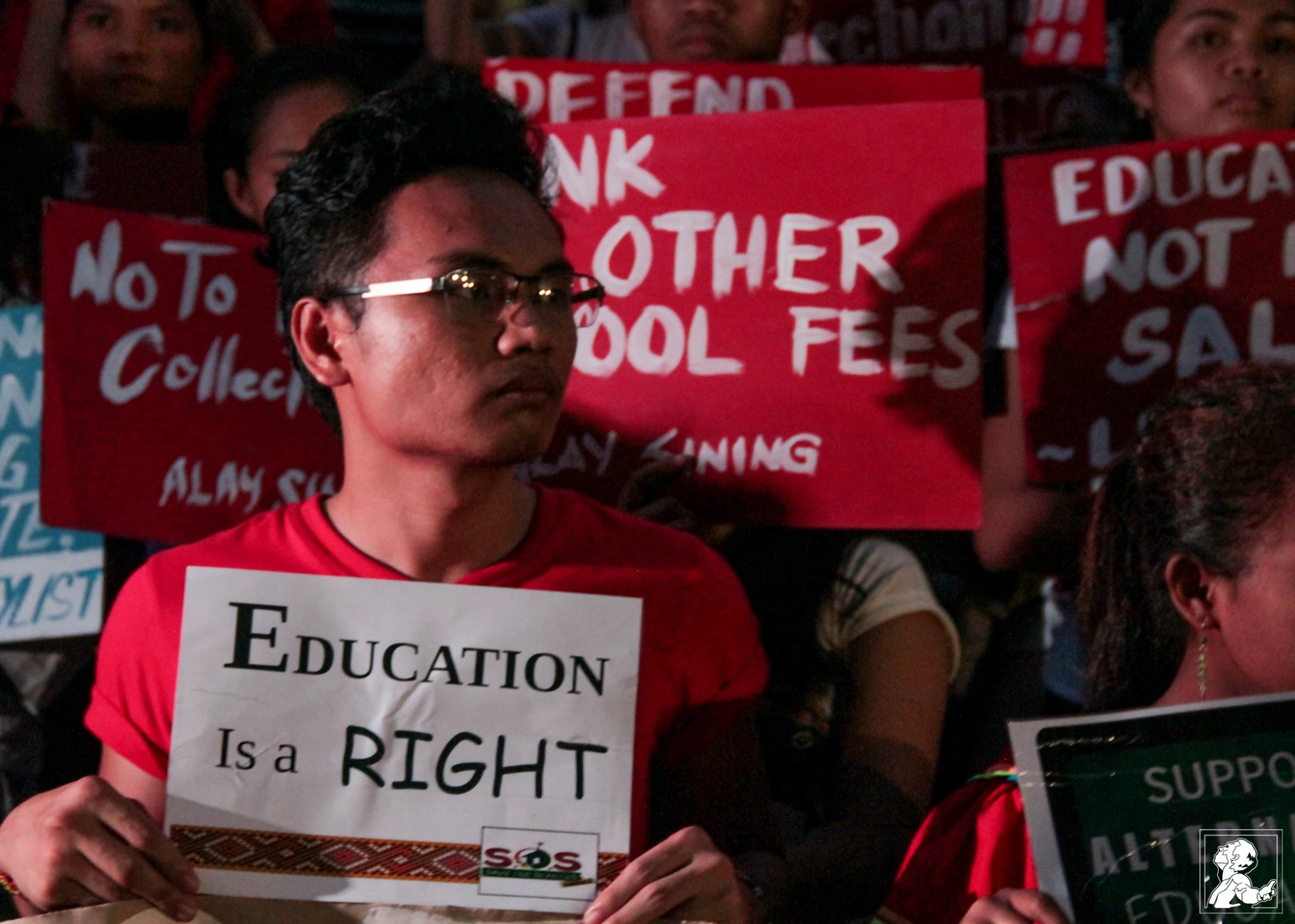In recent years, the cost of tuition has become a pressing concern for students and their families worldwide. As higher education expenses continue to rise, many individuals find themselves burdened by the financial strain of pursuing a college degree. Amidst this ongoing debate, Reno Omokri, a prominent figure known for his social commentary, has made a thought-provoking statement. He claims that a significant number of those complaining about the increase in tuition fees are simultaneously spending excessive amounts, specifically over N190,250, on smartphones. In this article, we delve into the underlying issues of rising tuition costs and the implications of extravagant phone spending.
The rising cost of tuition has emerged as a critical issue in the education sector across the globe. Many countries have witnessed an upward trend in college and university fees, causing distress among students and their parents. The consequences of these escalating costs are evident, as students often graduate with substantial debt burdens, which can hinder their financial stability and future prospects.
Several factors contribute to the increasing cost of education. These may include inflation, decreased government funding, rising administrative expenses, investments in technology, and the growing demand for improved facilities and services. Consequently, educational institutions are left with no choice but to pass on these costs to the students, leading to a seemingly unending cycle of rising tuition fees.
In light of the soaring tuition fees, Reno Omokri’s statement highlights an intriguing perspective. He suggests that a significant number of those voicing their concerns about the financial strain of education are paradoxically indulging in extravagant spending on smartphones, with costs exceeding N190,250. This raises questions about individual priorities and financial decision-making.
Smartphones have undeniably become an integral part of modern life. These devices serve as more than just tools for communication; they are now our cameras, entertainment centers, and portals to the digital world. The constant evolution of smartphones introduces new features, innovative technology, and, consequently, higher price tags.
ALSO READ: Student commits suicide after gambling with tuition fees
While smartphones offer convenience and numerous benefits, they can also lead to a culture of unnecessary consumerism and social pressure to own the latest models. It is crucial to recognize that spending on smartphones, like any other commodity, should align with one’s financial capacity and priorities.
As the cost of living continues to increase, balancing financial priorities becomes a crucial aspect of responsible personal finance. Education is often regarded as an investment in one’s future, with potential long-term benefits in terms of career opportunities and earning potential. Therefore, it is essential to assess the value of higher education against other expenses.
Individuals concerned about the rising cost of tuition may benefit from reevaluating their spending habits. Allocating resources wisely, budgeting effectively, and prioritizing education can make a significant difference in alleviating the financial burden associated with pursuing a degree.
While individual financial responsibility is important, addressing the issue of rising tuition costs requires a multi-faceted approach. Governments should invest in education and provide adequate financial support to educational institutions. By doing so, they can reduce the burden on students and promote access to higher education for all socio-economic backgrounds.
Furthermore, educational institutions must strive for transparency in their financial policies. Regularly reviewing administrative expenses and exploring alternative funding sources can contribute to cost containment and affordability.
The debate surrounding the increase in the cost of tuition is complex and multifaceted. Reno Omokri’s statement brings attention to the need for a balanced approach to personal finance and the significance of setting priorities. As tuition fees continue to rise, it is crucial for individuals, institutions, and governments to work together in finding sustainable solutions that ensure access to quality education without undue financial hardship. By making informed financial decisions and fostering a culture of responsible spending, the dream of higher education can remain within reach for aspiring students everywhere.


 Health5 days ago
Health5 days ago
 Entertainment7 days ago
Entertainment7 days ago
 Crime6 days ago
Crime6 days ago
 Education1 week ago
Education1 week ago
 Health1 week ago
Health1 week ago
 Comments and Issues6 days ago
Comments and Issues6 days ago
 Football7 days ago
Football7 days ago
 Latest6 days ago
Latest6 days ago
